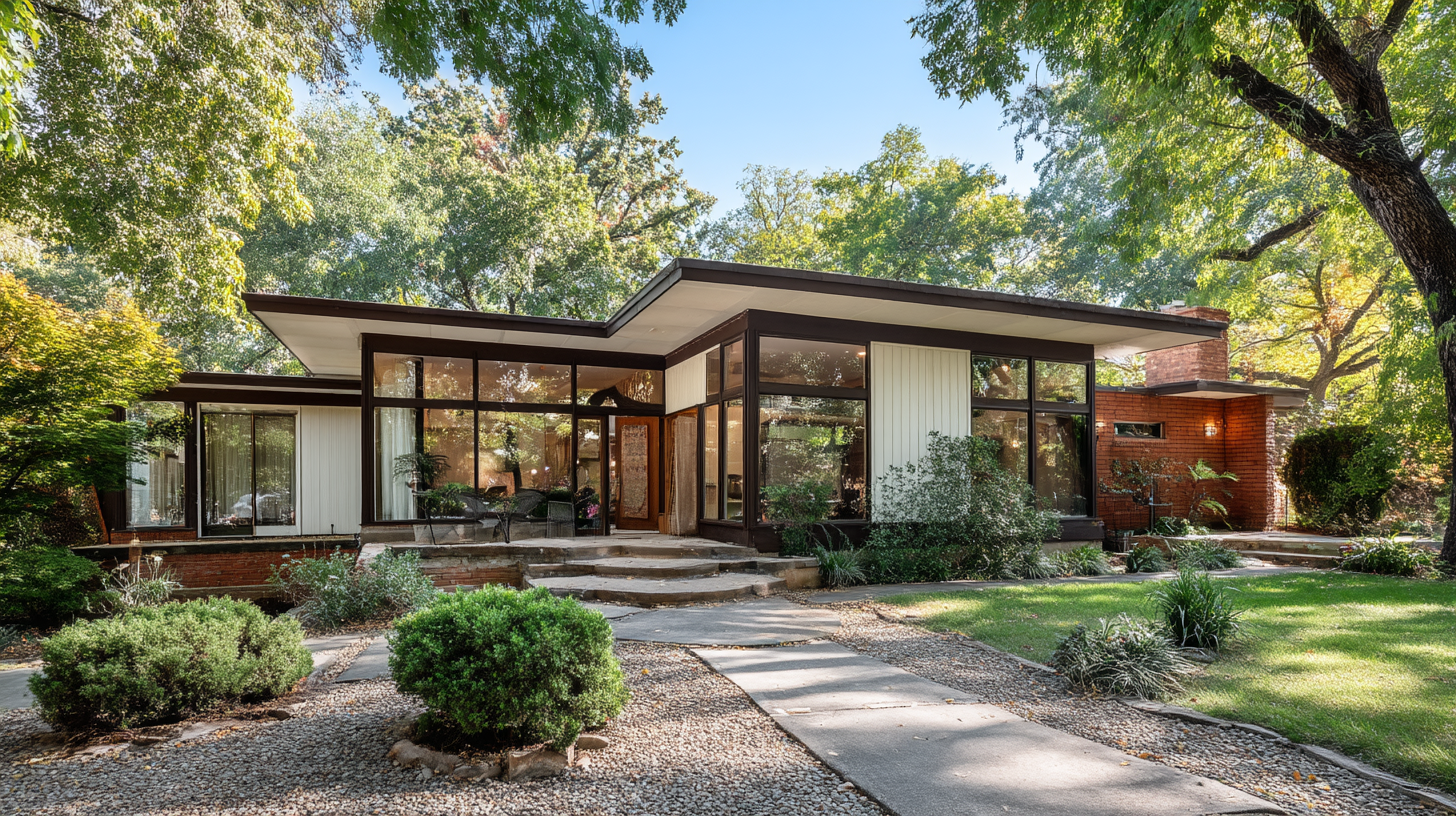How Much Does It Cost to Sell a House in 2025?

Selling your home can feel overwhelming once you add up all the expenses that come after the sale price is agreed to. Understanding how much does it cost to sell a house, from real estate agent commissions, to closing costs, property taxes, capital gains taxes, attorney fees, transfer tax, moving costs, and every other hidden charge will help you see clearly through the selling process. In this guide we break down all the typical costs so you know your net proceeds long before you list.
Overview of Cost to Sell Your Home

Here’s a snapshot of typical costs in a traditional real estate transaction:
- Real estate agent commissions: 5%–6% of the home’s sale price
- Average closing costs (excluding commissions): 1%–3% of total sale price
- Property taxes (prorated): Varies by location
- Transfer tax: Varies by jurisdiction
- Capital gains taxes: Depends on profit and exemptions
- Attorney fees: $1,000–$3,000+ depending on complexity
- Moving costs: $2,000–$10,000 depending on distance
- Home inspection: $300–$500 (optional but recommended)
- Home warranty: $300–$600 (optional for buyer confidence)
- Homeowners insurance: Varies; often prorated until closing date
Keep in mind this list doesn’t include repair costs, staging, potential delays in the closing process, or seller concessions, all of which can impact your final net proceeds.
Real Estate Agent Commissions and Alternatives
Real estate agent commissions remain one of the largest costs home sellers face. The real estate agent fee typically combines both the listing and buyer’s agent and ranges from 5% to 6% of the home’s sale price. A nationwide 2025 survey reports an average rate of 5.44%, with typical ranges from 4.92% to 6.03%. Some agents or brokerages are now willing to negotiate fees lower than 5%.
Recent changes following the National Association of Realtors settlement have made agent compensation and commission fee structures more negotiable, with third‑party platforms offering flat fee MLS options to help cut agent commission substantially. Flat‑fee models allow sellers to pay a set flat fee instead of percentage‑based commission, helping sellers keep more equity during the real estate transaction.
Average Closing Costs, Title Fees, and Transfer Taxes

In addition to agent commissions, sellers must budget for closing costs. These include title searches, title insurance, escrow fees, recording fees, prorated property taxes, HOA fees, attorney fees, and transfer tax where applicable.
Average seller closing costs historically range from 8% to 10% of the home's sale price, including agent commission and seller fees. Some estimates advise sellers prepare for selling costs between 9% to 10% depending on market.
When isolating just seller closing costs (without commission), many sources report a national average of 1.81% of the home’s sale price, about $7,211 for a median-priced home of ~$398,400. In states like Illinois and Oregon, average seller closing costs range from 2.4% to 3%.
Transfer taxes vary widely by local jurisdictions and can significantly impact your budget. Prorated property taxes are also included in closing costs, and title insurance, escrow fees, and legal fees are standard components. The title company plays a crucial role in facilitating the transfer ownership process, ensuring all documents are properly handled and escrow fees are managed securely until the closing date.




